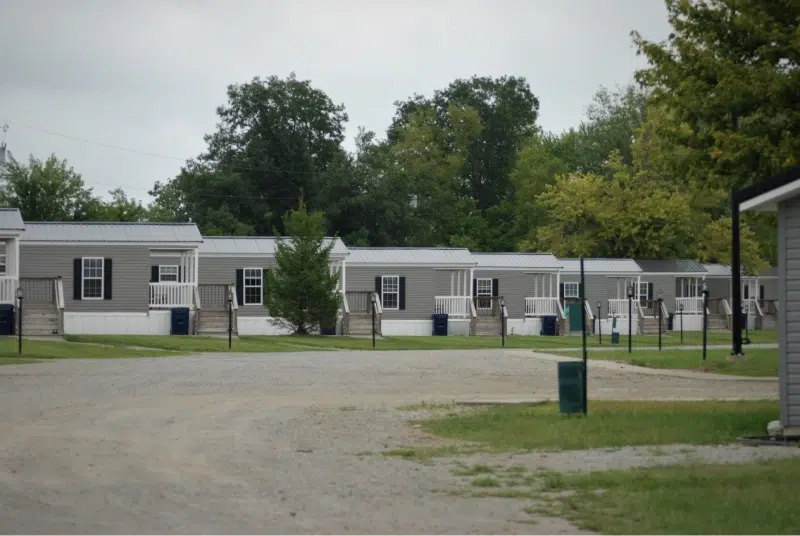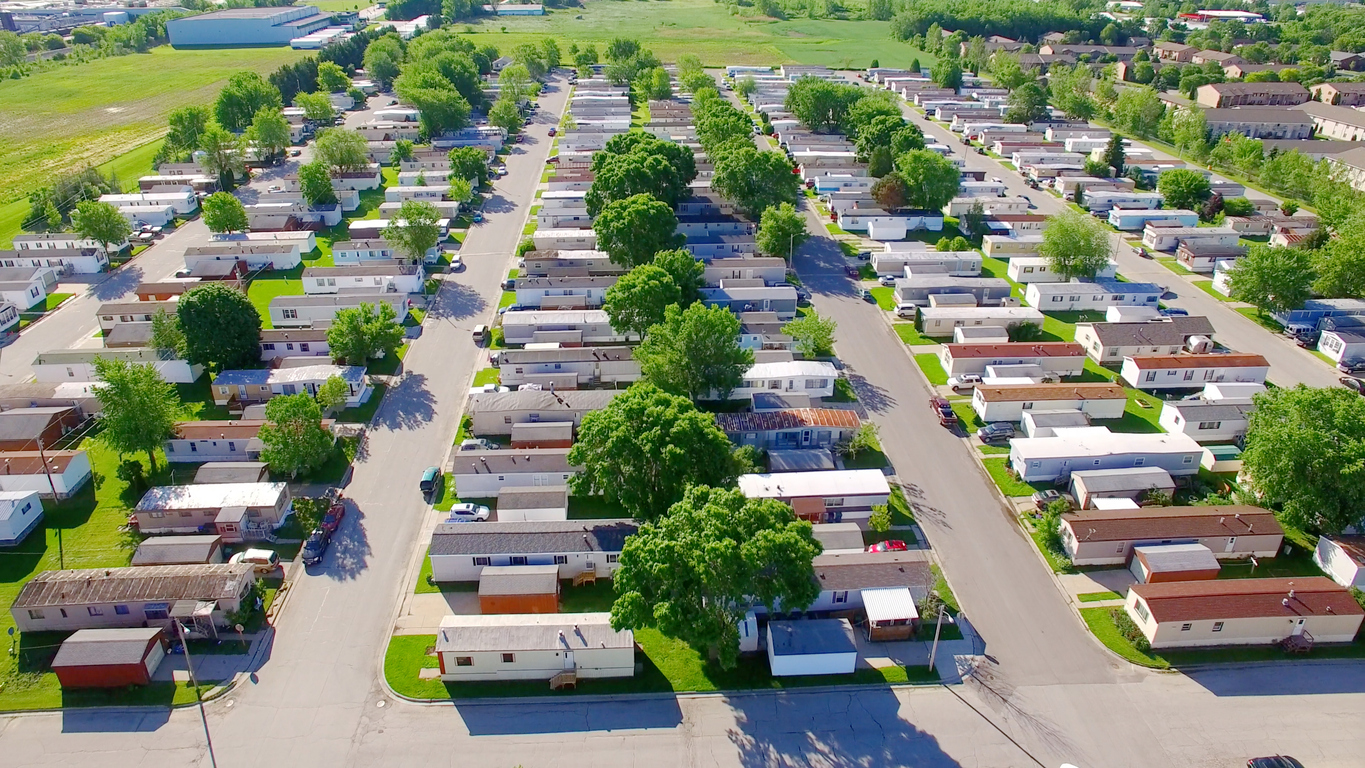Mobile Home

20
Years of Service
$100M
Recovered
99%
Success Rate
1000+
Five-star Reviews
Most mobile home parks in the Bay Area are governed by city or county rent control ordinances. In the North Bay, the following cities and counties have rent control for mobile homes: Santa Rosa, Windsor, Sonoma County, Novato, San Rafael, Calistoga, Cloverdale, and Rohnert Park. In the South Bay, the following cities have rent control: San Jose, Santa Cruz, Scotts Valley, Daly City, Los Gatos, East Palo Alto, and Pacifica. In the East Bay, the following jurisdictions have rent control: Alameda County, Hayward, Pleasanton, Fremont, Vallejo, Napa, and Benicia. These ordinances typically have vacancy control, meaning that the rent remains the same for subsequent mobile home owners. This vacancy control is lifted where a park owns both the mobile home and the pad, as in the case of a forfeiture after nonpayment. All park owners are allowed to file petitions for increases beyond the annual allowable increase, but the tenants can fight these increases.

Mobile home park tenants own the home and the park operators own the pad that the home sits on. The word “mobile” is a misnomer. Mobile homes are far from mobile. It costs roughly $10,000 to move a mobile home from one park to another. Most parks do not allow older homes to be moved into parks, preferring large, new pre-manufactured homes. Because mobile homes are difficult to relocate and because most tenants in mobile home parks are on fixed incomes and often elderly, the California legislature has promulgated strict statutes protecting tenants from eviction. Tenants can only be evicted for (1) nonpayment, (2) breach of lease, (3) nuisance or (4) major and repeated violations of park rules and regulations. These special eviction protections are found in the Mobile Home Residency Law.
Many parks were built in the 1950s and 60s and often suffer from delayed infrastructural maintenance. Underground utility systems in many parks have begun to falter, leading to sewage leaks, slow plumbing, electrical dimming and blackouts, gas leaks, and water leaks and outages. Streets, driveways, clubhouses and swimming pools also often suffer from delayed maintenance. Rather than make costly capital improvements, park owners resort to stopgap measures that lead to larger issues.
Mobile home park residents with repair and management issues can sue for breach of the implied warranty of habitability, nuisance, injunctive relief and breach of the covenant of quiet enjoyment, among others. The Mobile Home Residency Law allows mobile home park residents to file suit against a park owner who fails to maintain a park. The prevailing party is entitled to attorney fees, plus penalties for punitive violations of statutes protecting mobile home residents.
